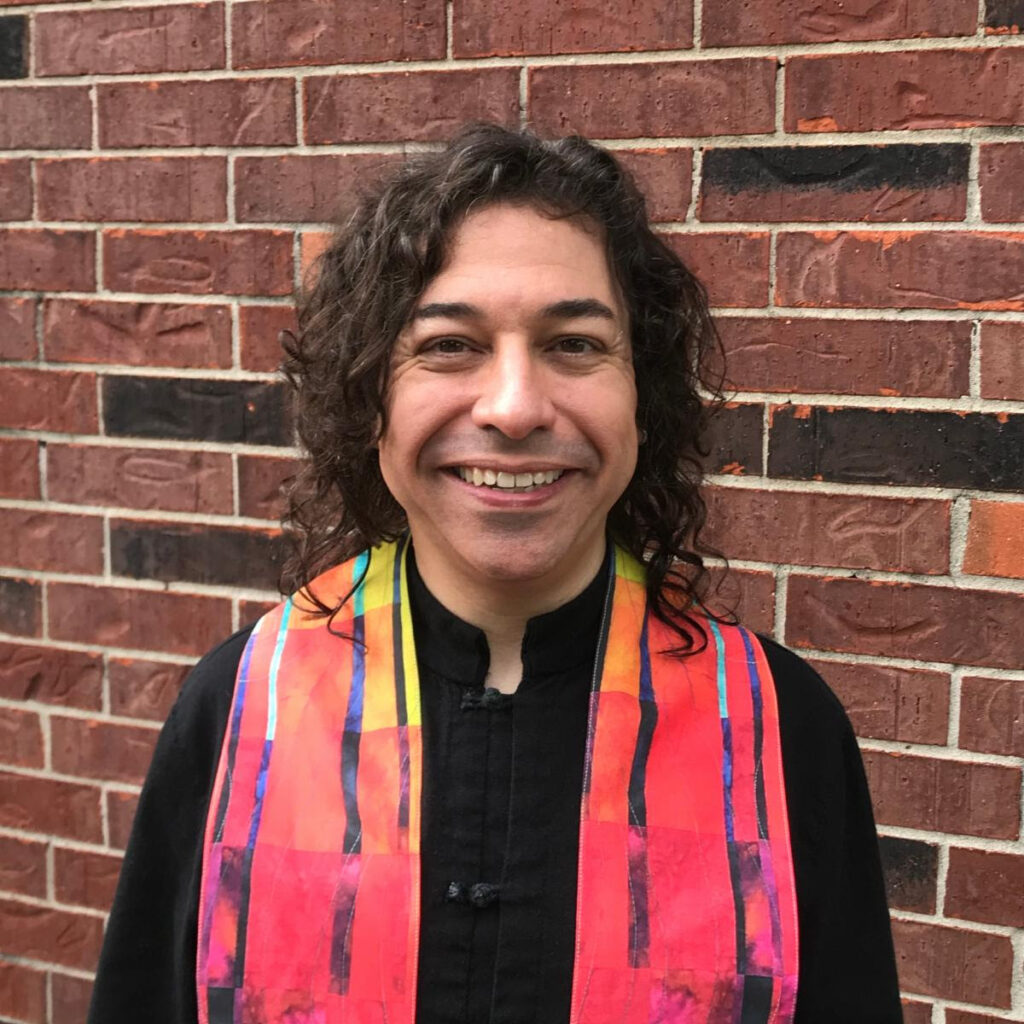
We spent a little time in September “embracing possibility” as we envisioned our roles in co-creating meaningful, authentic community. In October, we’re going to delve a little more into Cultivating Relationship.
It’s an interesting word—cultivate. It makes me think of intentionally tending a garden. Actively doing something to help specific plants grow healthily.
My typical approach has been to just let whatever sprouts up out of the ground grow as it will. Maybe I could say that’s a sort of hands-off “rewilding.” In my case, though, it’s historically been that I just haven’t taken the time to be purposeful about what grows in my yard.
If I have some intention about my space, though—some vision for how I want things to be—I might not be satisfied with the results of just sitting back and letting things grow as they will. I might need to score seeds, prepare soil, and protect the space where I plant something.
Relationships are the same way. If we have a vision for what we want that relationship to be, we stand a better chance of moving toward that vision if we intentionally act in accord with our hopes. If we want to have a relationship built on trust, we might want to act in a way that cultivates trust. Trust may not just organically sprout up where we want and need it.
For some of us, cultivating trust might come easily. We might give our word wisely and honor our word consistently, even about the little things. Over time, others might learn to trust us as a result.
In some relationships, though, we might have to work a little harder. Like in a garden where what we want to grow competes with some other plants, or is the target of some voracious critters, or needs a little extra care because the soil or the climate isn’t perfect.
It might take more effort from me if I want to cultivate trust with someone who’s been hurt or victimized or oppressed by someone who looks or sounds like me. I might need to risk being uncomfortable or invest a bit more time if I want to cultivate meaningful, authentic relationship with people who have good reasons to exercise caution.
A lot of congregations say that they want to be multicultural communities, but they don’t follow through and cultivate multicultural relationships. They just hope that things organically grow into beautiful gardens without having to do any uncomfortable, vulnerable work. If we expect meaningful, authentic relationships to blossom without any effort, we’re setting ourselves up for disappointment.
But, if we start from the fertile soil of our values, we might more easily see opportunities to intentionally cultivate something we long for, rather than just hoping it will happen.
What would it look like for us to cultivate relationships characterized by justice, equity, and compassion? What would it look like for us to cultivate a space where people are both accepted just as they are and encouraged to continue growing spiritually? What would it look like for us to really cultivate a free and responsible search for truth and meaning?
We already do some of this really well. We can celebrate that! And we can still look for ways in which we are called to grow and challenge ourselves to more fully embody our vision for the world.
This is the conversation before us as we journey into a month of Cultivating Relationship! May we dive into the possibilities with courage and with grace for one another as we continue to co-create community within and without.
In Faith,
Rev. Randy
Share this post: